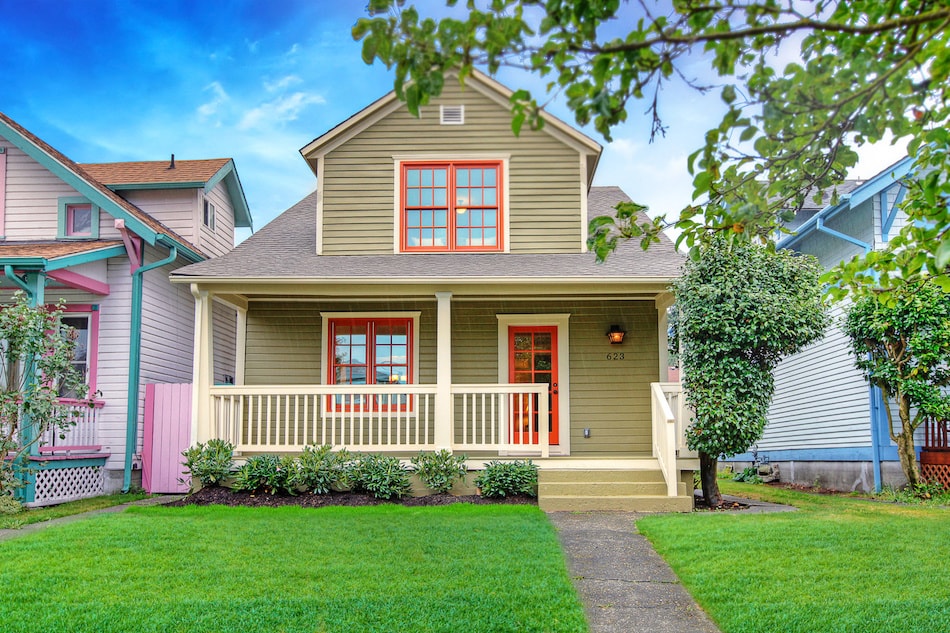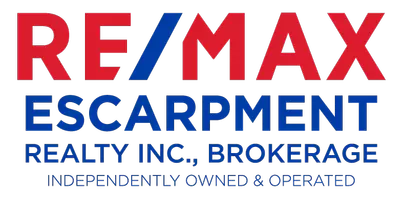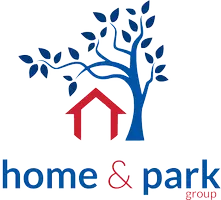Owning Property vs Renting: The Ultimate Guide to Making the Right Choice for Your Future

When it comes to deciding whether to own property or rent, it's a choice that holds significant long-term financial and lifestyle implications. In today’s fast-paced world, understanding the advantages and disadvantages of owning property vs renting is crucial for anyone considering this major decision. This article will explore the key factors involved in owning property versus renting, offering a comprehensive breakdown that will help you make an informed decision that aligns with your financial goals, lifestyle preferences, and long-term objectives.
Understanding the Basics: What Does Owning Property Mean?
Owning property involves purchasing a home or real estate, which makes you the legal owner of that asset. When you own a property, you are responsible for maintaining it, paying the mortgage, property taxes, insurance, and other associated costs. In exchange, you build equity in the home as the value of the property (ideally) appreciates over time. The idea of property ownership typically represents a sense of permanence and stability, allowing homeowners to modify their living space, create personal equity, and potentially make a profit through future resale.
Key Benefits of Owning Property
-
Building Equity Over Time: With every mortgage payment, you are essentially putting money back into your property, allowing you to accumulate equity over time. This makes property ownership a long-term financial investment.
-
Appreciation Potential: Unlike renting, property ownership offers the potential for appreciation in the real estate market. If property values increase in your area, your home’s value may rise, leading to potential gains upon resale.
-
Tax Benefits: Homeowners often receive tax breaks, such as deductions for mortgage interest and property taxes, which can reduce your taxable income and overall tax burden.
-
Freedom and Stability: Ownership provides a sense of security and permanence. Homeowners are not subject to the whims of landlords and can live in their property for as long as they wish, without worrying about rental agreements or changes in rent.
-
Customization: As the owner of a property, you have the freedom to remodel, renovate, and personalize your living space according to your tastes and needs.
The Drawbacks of Owning Property
While owning property can offer many benefits, it also comes with certain drawbacks that should not be overlooked.
-
High Initial Costs: The upfront costs of buying property—such as down payments, closing fees, and moving expenses—can be significant. Additionally, property taxes, maintenance, and insurance costs can add up over time.
-
Responsibility for Maintenance: When you own a property, you are responsible for repairs and maintenance. This can be both time-consuming and costly, particularly when unexpected issues arise.
-
Limited Flexibility: Owning a home may limit your flexibility to move easily, especially if you need to relocate for work or personal reasons. Selling a property can take time, and in some cases, you may not be able to sell for a profit if the market isn’t favorable.
What Does Renting Property Mean?
Renting involves entering into a lease agreement with a landlord for a specified period, during which you pay rent for the right to live in the property. Unlike owning, renting does not involve building equity or taking on the financial responsibilities of ownership. Renters typically do not have to worry about maintenance costs, property taxes, or insurance, but they also do not benefit from property appreciation or tax breaks.
Key Benefits of Renting Property
-
Flexibility: Renting provides unparalleled flexibility. Renters can easily move from one property to another once their lease is up, making it ideal for individuals who value mobility and are not ready to commit to a permanent location.
-
Lower Upfront Costs: Renting generally requires a smaller initial investment compared to buying property. Renters typically need to pay a security deposit and the first month’s rent, which is significantly less than the down payment required for purchasing a home.
-
Maintenance-Free Living: One of the greatest advantages of renting is that the landlord is responsible for repairs and maintenance. This means renters do not have to worry about unexpected costs for things like broken appliances, plumbing issues, or roof repairs.
-
Less Financial Risk: Renting provides more financial predictability and less risk than owning property. Renters do not have to worry about property value fluctuations, mortgage rates, or market downturns.
The Drawbacks of Renting
Renting, while offering flexibility and fewer financial obligations, also has its downsides.
-
No Equity Building: The biggest downside of renting is that rent payments do not contribute to building equity in a property. Over time, renters may find themselves spending large sums of money on rent without owning any tangible asset.
-
Limited Control: Renters are bound by the terms of their lease agreement and the rules of the landlord. They cannot make significant changes or renovations to the property, limiting their ability to personalize their living space.
-
Rent Increases: Renters are at the mercy of their landlord, and rent can increase with little notice. This uncertainty can make long-term budgeting more difficult.
-
No Tax Benefits: Unlike homeowners, renters do not benefit from tax deductions on mortgage interest or property taxes, which can represent a significant savings for homeowners.
Owning vs Renting: Which Option is Right for You?
When determining whether to own property or rent, there is no one-size-fits-all answer. Several factors must be considered to make the most informed decision.
Financial Considerations
-
Affordability: Can you afford to buy a property right now? Consider not just the down payment but also ongoing costs like maintenance, taxes, insurance, and mortgage payments. Renting may be the more affordable option if these costs are too high.
-
Market Conditions: The real estate market can fluctuate significantly. If the market is experiencing high property prices or interest rates, renting may be a better choice. However, if you can secure a good deal on a property and mortgage rates are low, owning may be more beneficial in the long run.
Personal and Lifestyle Preferences
-
Stability vs. Flexibility: If you value stability and the ability to personalize your living space, owning property may be the best option. However, if you prefer flexibility and mobility, renting allows you to move with ease as life circumstances change.
-
Long-Term Plans: If you plan on staying in one area for a long time, purchasing property may be a sound investment. But if you are uncertain about your long-term location, renting offers the flexibility to make changes as needed.
Risk Tolerance
-
Financial Security: Owning property can be a great investment, but it comes with financial risks, such as market downturns and property depreciation. Renters, on the other hand, have fewer financial risks, as they are not tied to the property’s value.
Conclusion: Owning vs Renting
In the end, the decision between owning property vs renting depends on your financial situation, lifestyle preferences, and long-term goals. Owning property offers the potential for financial growth through equity building and property appreciation but requires significant upfront investment and ongoing responsibility. Renting, on the other hand, provides flexibility and fewer financial obligations but does not allow for the same level of long-term financial growth.
Each option has its advantages and disadvantages, and it’s crucial to weigh all factors before making a decision. Whether you decide to own or rent, make sure that your choice aligns with your goals, financial capabilities, and overall lifestyle.
Categories
Recent Posts












